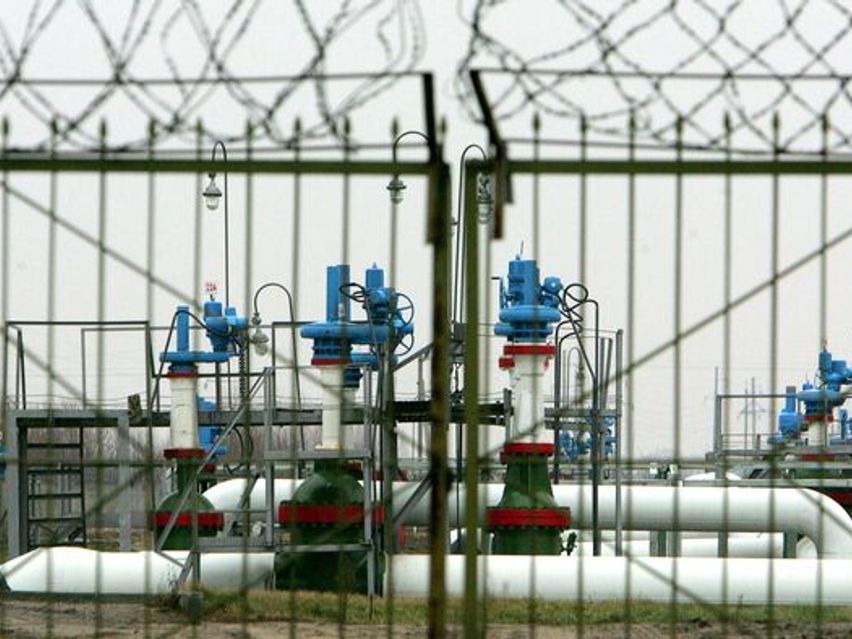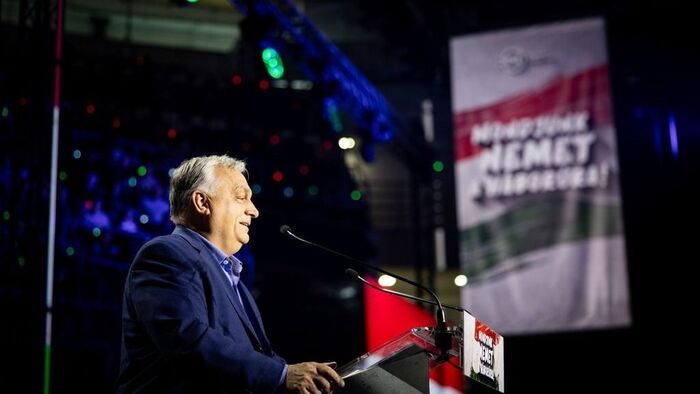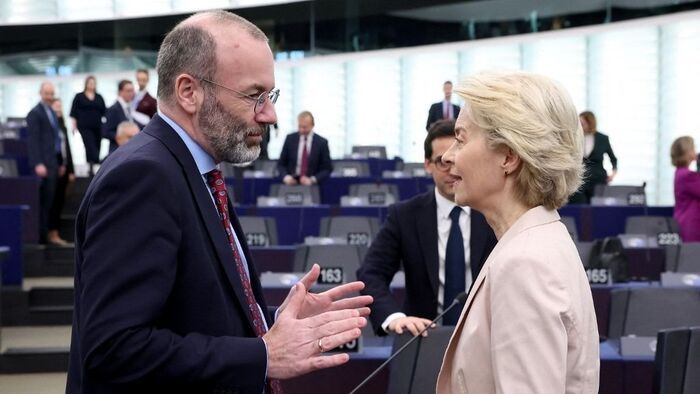Next year's budget is a new economic policy budget based on the policy of economic neutrality. The government's household utility price protection fund will be abolished, but reduced utility prices will remain. Measures supporting the state-sponsored utility price reduction scheme will continue to be guaranteed for local governments, businesses, and families through the allocated budgets of various ministries, Finance Minister Mihaly Varga told Hungary's public Kossuth Radio on Sunday.
FM Varga emphasized that the three pillars of the 2025 budget were boosting Hungarians' purchasing power, ensuring affordable housing and scaling up SMEs with the Demjan Sandor Programme.
He declared that the budget would lay the foundations for a growth-based, multi-year wage agreement that would see the monthly minimum wage rise to HUF 400,000, and the average wage to HUF 1 million. He emphasized that they were calculating with an expected 3.4-percent economic growth, which will allow wages to increase in real terms in 2025, contributing to a higher minimum wage and higher average salaries.
A biggest innovation is the provision of capital to SMEs through the budget, enabling them to secure loans, enter new markets, invest, and grow.
– 2025 will be the year of strengthening small businesses, Mr. Varga said.
On the topic of housing, FM Varga noted that since Hungarian families’ wealth is primarily tied up to real estate, programs aimed at home renovations will help increase property values. Specific initiatives will target young people, including a 150,000-forint tax benefit for employers who contribute to their employees’ rental payments. The government also aims to offer affordable mortgage rates for young adults and is working on a dormitory construction program.
The finance minister emphasized that the retirees' 13th-month bonus pension will be enshrined in the budget law, ensuring that it remains available in 2025 and beyond.
Regarding tax benefits for families raising children, Mr. Varga explained that the government’s decision to double the child-related tax credit in two steps was intended to preserve the value of this support, which was introduced after 2010. Additional family-oriented tax benefits include a tax break for first marriages, personal income tax exemptions for individuals under 25, and exemptions for women under 30 who have children. Collectively, these measures are expected to leave approximately 440 billion forints in families' pockets in 2025, the minister underlined.























Szóljon hozzá!
Jelenleg csak a hozzászólások egy kis részét látja. Hozzászóláshoz és a további kommentek megtekintéséhez lépjen be, vagy regisztráljon!